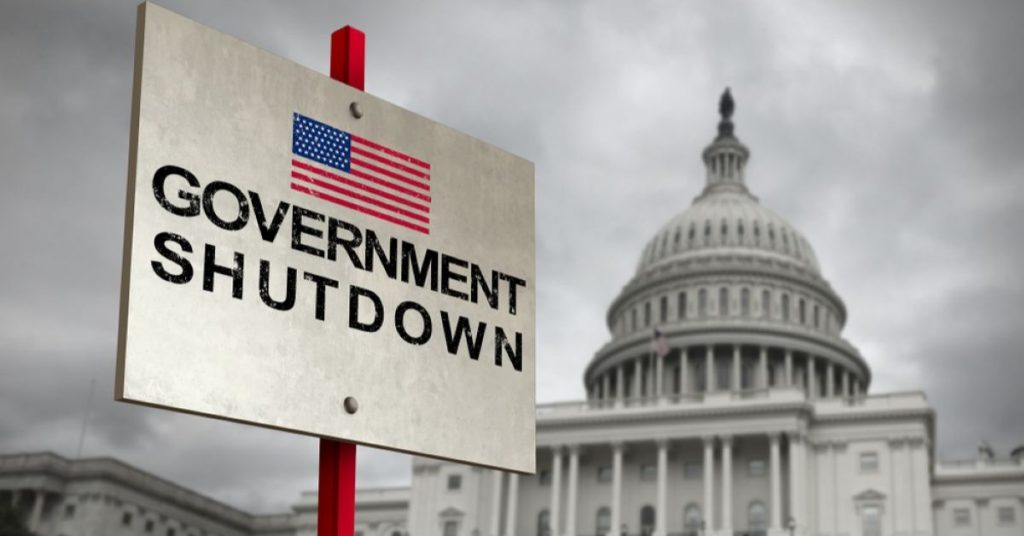The U.S. government has now been shut down for 14 days, with Congress still locked in a stalemate over a funding resolution.
As the deadlock drags on, federal employees face furloughs, and issues in air travel are beginning to surface — but what does this mean for commercial real estate (CRE)?
The Good News: Minimal Direct Impact on CRE
According to a recent video by Marcus & Millichap, titled “Will the Federal Shutdown Impact CRE?”, government shutdowns typically do not have a direct effect on commercial real estate operations. Senior Vice President John Chang emphasized that financing remains available — including through Fannie Mae and Freddie Mac — and transactions continue to close as usual.
The one potential exception is in payments from the Department of Housing and Urban Development (HUD), which could be delayed. However, Chang noted that such delays are unlikely to be problematic unless the shutdown extends beyond 30 days.
The Not-So-Good News: Broader Economic Impacts
While CRE operations remain largely unaffected, the wider economic consequences of a prolonged shutdown are a growing concern. Chang highlighted several possible ripple effects:
- Slower economic growth
- Delays in releasing critical economic data
- Increased uncertainty among businesses and investors
Looking at Past Shutdowns
Previous government shutdowns offer some useful context:
- 2018–2019 (Partial Shutdown): Lasted 35 days; 380,000 employees furloughed; estimated $11 billion economic impact, with about $8 billion eventually recovered.
- 2013 (Full Shutdown): Lasted 16 days; 850,000 employees furloughed; GDP loss estimated at $20 billion.
The current shutdown could furlough as many as 750,000 federal workers. Chang warned that if the impasse continues, GDP growth could decline by 15 to 20 basis points per week.
Missing Data and Fed Decisions
The shutdown has also disrupted the release of key economic indicators such as employment and inflation reports. This lack of data could complicate the Federal Reserve’s decision-making process.
Although rate cuts anticipated for October and December may still occur, Chang cautioned that the Fed may be forced to act without the usual economic guidance:
“The Fed might have to make decisions without being able to consider important economic information.”
Is a Recession Looming?
Recent Bureau of Labor Statistics reports have shown a weakening job market and a rise in government sector layoffs. These trends could impact consumer spending, retail sales, housing, healthcare, and other sectors tied to CRE demand.
If the shutdown continues for an extended period, it could erode consumer and business confidence — potentially pushing the economy closer to a recession.
A Silver Lining
Despite the uncertainty, there is some positive news. U.S. household balance sheets remain strong, with healthy savings levels and relatively low debt-to-income ratios. This stability could help cushion the economy, even if the shutdown drags on.
Chang concluded with a long-term perspective: “While the shutdown is generating buzz and headlines, the long-term impact should be minimal. At the end of the day, investors should focus on the long game.”
Source: ConnectCRE

